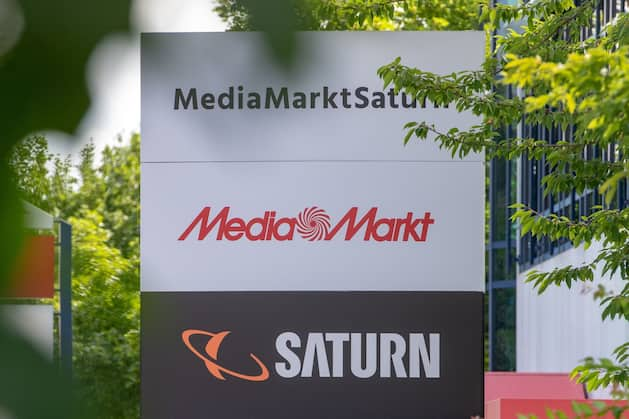Large-scale stationary trade has been suffering from falling sales for years. The markets often lack important unique selling points that make the visit more attractive for customers. On the other hand, online retailers such as Amazon in particular represent an overpowering competitor that allows consumers to conveniently shop from their sofa at often even lower prices.
The former market leaders of Media Markt and Saturn are also suffering from the developments. According to a report by “Business Insiders”, an increase in sales of 18 percent was again possible in the second half of the year after the Corona months. At the same time, the adjusted operating loss fell from 146 to 62 million. However, an end to the crisis is far from in sight.
Together with the professor for business administration and trade at the Niederrhein University of Applied Sciences, Gerrit Heinemann, the BI has summarized a number of reasons for the crisis of the Ceconomy subsidiaries.
As already mentioned, Media Markt and Saturn lack unique selling points that would set them apart from the competition. According to Heinemann, the decentralized company structure is also a problem that the group has only been addressing since autumn 2021 with a new central warehouse in Göttingen.
For electronics retailers, the overpowering US group Amazon hovers above everything else. Due to its size alone, the mail order company has a great control advantage, the stationary German stores simply cannot keep up with the conditions.
(Advertisement)
Heinemann goes on to say that Media Markt Saturn should focus much more on advice. After all, this is the one advantage that stationary branches still have over Amazon and Co. Competitors like Expert are already a few steps further.
When asked about the branches themselves, the expert emphasizes that they are simply too big. “You sometimes lose 15 minutes from the bottom to the top floor,” says Heinemann. The locations are simply too confusing for many customers.
While online trading has recently been able to compensate for the weak stationary sales, the branches themselves are the biggest problem for retailers. According to Heinemann, extensive restructuring would be necessary. “The big threatening scenario, as with Conrad Electronics, of having to close all branches, is still in the air for Media Markt Saturn,” says the professor.
In Europe, Media Markt Saturn has already had to close 14 loss-making locations. According to Heinemann, however, that is far from enough: “In order for Media Markt Saturn to be able to survive, the branch network must be at least halved and the area reduced and realigned within five years at the latest.”
At the same time, the online business must be significantly expanded. In the long term, Heinemann only sees a chance for Media Markt and Saturn if the online share is at least 50 percent. According to the expert, the Ceconomy brands will be “a matter of sheer survival” in the next few years.
According to a report, Federal Finance Minister Christian Lindner (FDP) questions the planned gas levy. According to “Bild am Sonntag”, Lindner does not consider the associated additional costs to be sensible given the economic situation.
As a result of inflation and war, energy and electricity prices are skyrocketing across Europe. Comparison portals have already calculated a price increase of around 30 percent for electricity. But the increases continue. FOCUS online shows the composition of the electricity price in Germany.
In order for Germany to become less dependent on Russian gas, private households will also have to take on more responsibility. From the. The second stage of the new Energy Saving Ordinance takes effect on October 1st. What does that mean for consumers?
The original of this article “Crisis at Media Markt and Saturn: Expert does not rule out branch closures” comes from chip.de.















